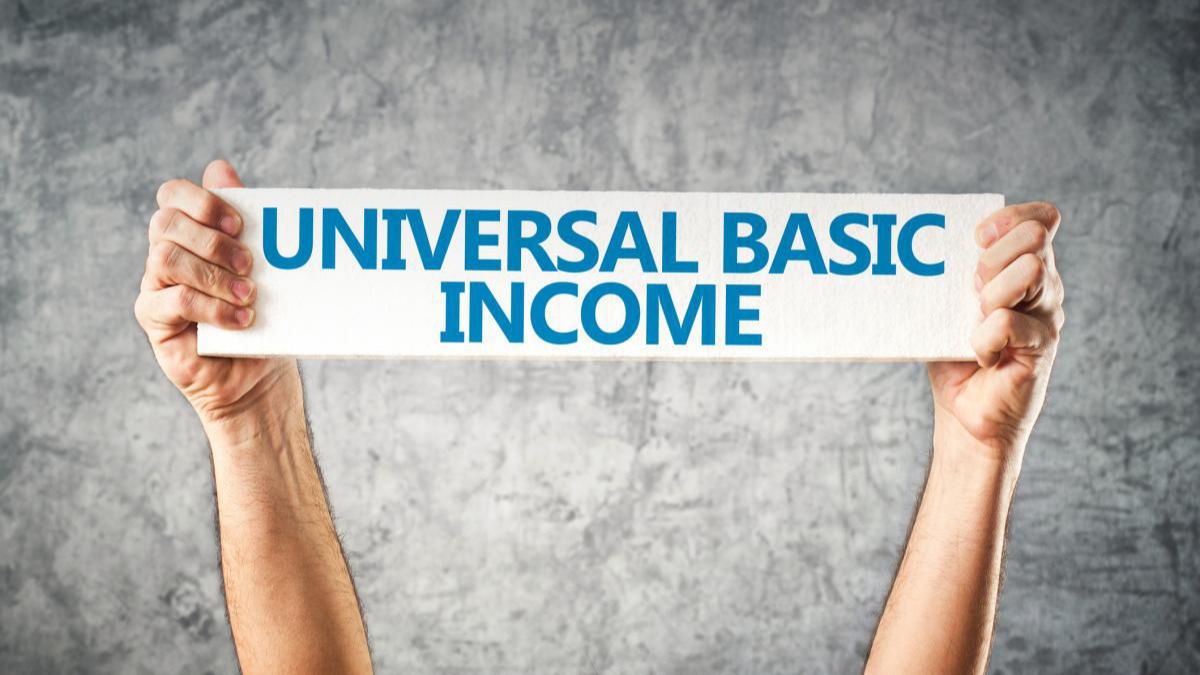
UBI
A Few Thoughts On Universal Basic Income
Universal Basic Income or "UBI" is a topic in the media of late. Many jobs can already be automated due to advances in artificial intelligence and machine learning. Such advances are likely to improve significantly over the course of the next 10 to 20 years. Within just the next 5 years we should start to see more automated Ubers and other forms of automated taxis driving around on our roads. As automation improves, workers are likely to be displaced at larger and larger percentages of the overall workforce. This trend has the potential to shift a great deal more of our society's financial wealth to the top few percent of earners.
Our current social welfare programs have much administrative and legislative overhead, making them inefficient and ineffective in moving resources to those in need. Often party politics can play a large part in who and what programs are afforded, changing as old leaders leave and new leaders are sworn in. A single social welfare program that affords each citizen with a fixed income irrespective of their individual circumstances that covers their basic needs (food, and shelter) is the most egalitarian way forward.
Many will need to be retrained or re-skilled in order to find work in the newly developing economies. A UBI would provide individuals with a basic safety net, a chance where they might not have had otherwise, to pursue their own interests in skills redevelopment or other qualifications.
We need to include well-being next to GDP as an important measure of how our society is performing. A UBI would improve a number of wider social metrics related to well-being. The wider community can then see a greater degree of benefit from the prosperity created by technological advances in automation.